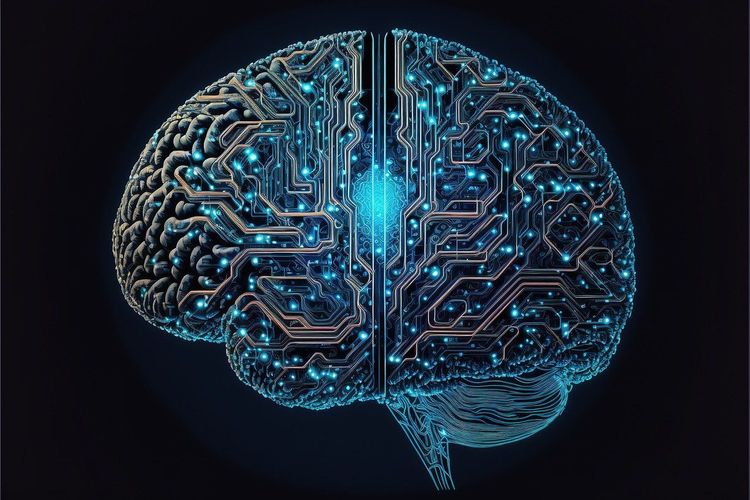France Enhances Olympic Security with AI Video Surveillance
Most people like

LiteLLM is an open-source library designed to streamline LLM completion and embedding calls, making them more accessible and efficient for developers.

Unlock a treasure trove of free AI-generated design assets perfect for enhancing your websites, apps, and presentations. Explore a diverse collection that elevates your projects with stunning visuals and intuitive designs, all at no cost!

In today's digital landscape, AI-powered video intelligence solutions are transforming the way businesses analyze and utilize video content. By leveraging advanced algorithms and machine learning, these solutions enhance video surveillance, streamline content creation, and improve audience engagement. Whether you're looking to boost security measures or extract valuable insights from your media, AI-driven video intelligence offers innovative tools that can elevate your strategies and drive impactful results. Explore how integrating these technologies can revolutionize your approach to video management and analysis.
Find AI tools in YBX




